Lil Wayne only considers Birdman his ‘father’ in terms of music
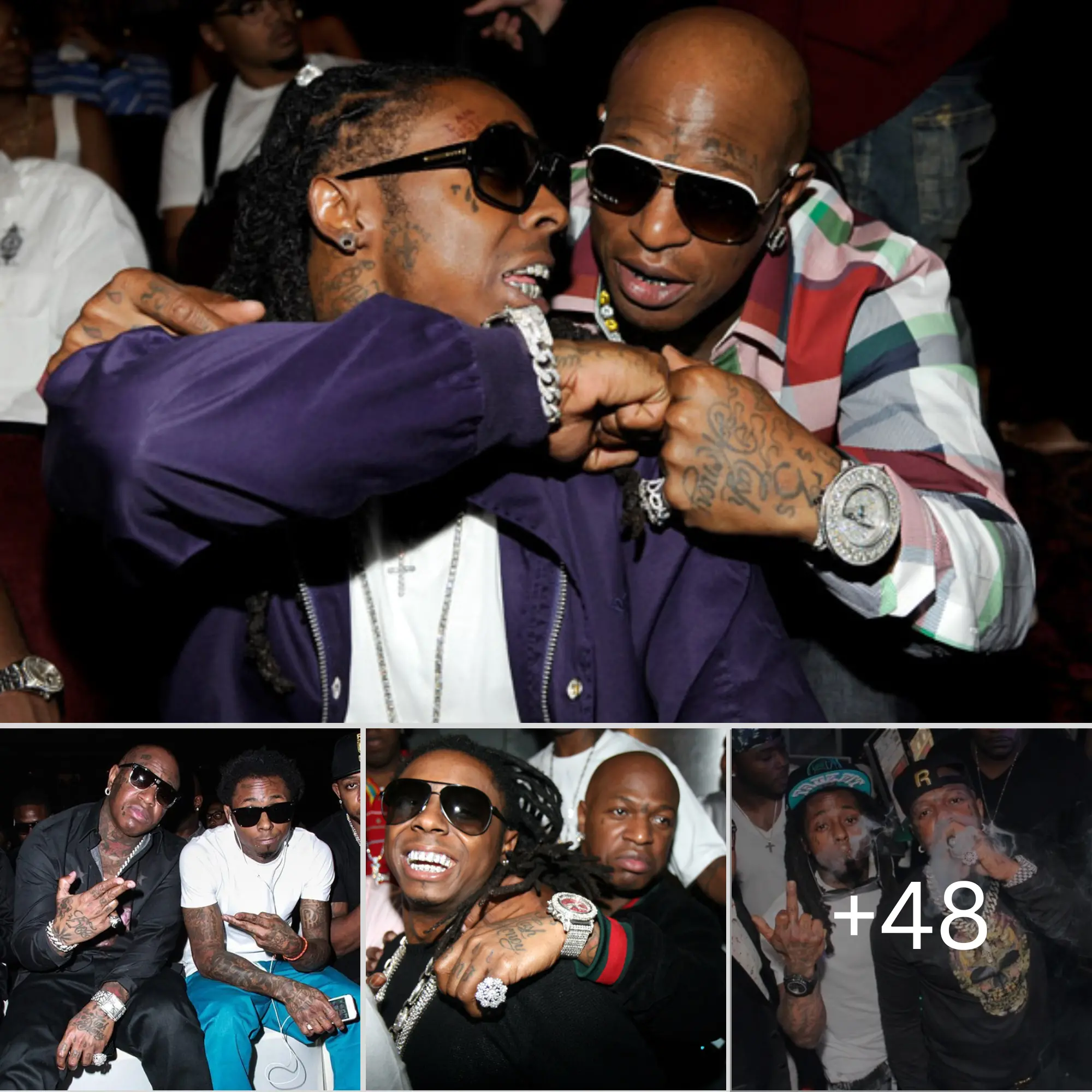
Lil Wayne, born Dwayne Michael Carter Jr., is a towering figure in the rap industry, known for his distinctive raspy voice, lyrical prowess, and unparalleled influence on the genre. However, when it comes to his musical lineage, Lil Wayne reserves a special place for one individual – Birdman, or Bryan Williams, the co-founder of Cash Money Records. Their relationship transcends the conventional boundaries of mentorship; it is a bond forged through trials, triumphs, and the shared love for the art of hip-hop.
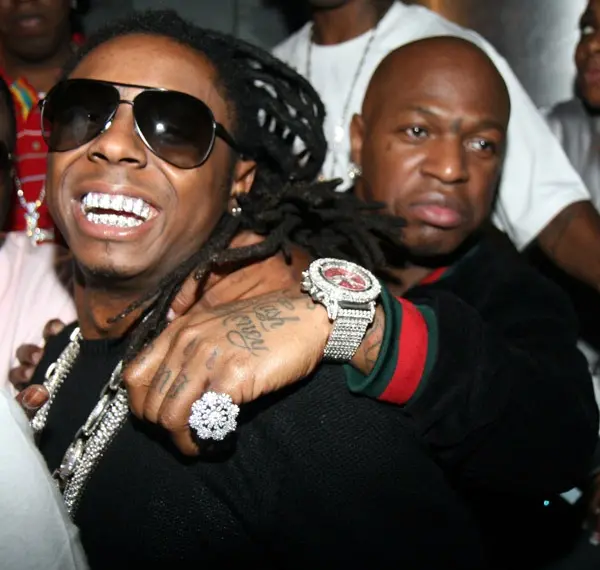
Birdman discovered Lil Wayne at the tender age of 11, recognizing the raw talent and potential within the young artist. Under the umbrella of Cash Money Records, Wayne’s career blossomed, and he quickly became one of the label’s flagship artists. The mentor-protege dynamic evolved into a familial connection, with Birdman assuming the role of a father figure in Wayne’s life. This connection is particularly poignant as Lil Wayne’s biological father was absent for much of his childhood.
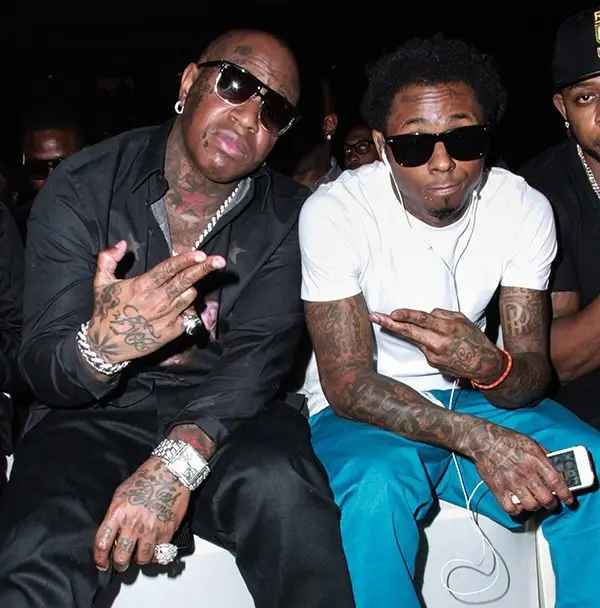
The father-son narrative in the music industry is not uncommon, but the depth of the bond between Lil Wayne and Birdman is unique. Wayne often refers to Birdman as his “father” in the context of music, emphasizing the profound impact Birdman has had on shaping his artistic identity. It goes beyond the conventional teacher-student relationship, delving into a shared journey of musical exploration, business acumen, and a mutual understanding of the challenges that come with navigating the cutthroat music industry.
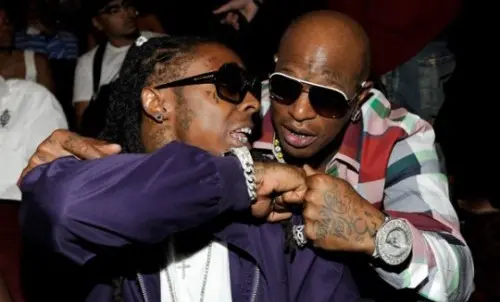
Their collaboration reached its zenith with the release of the “Like Father, Like Son” album in 2006, a symbolic title that encapsulates their symbiotic relationship. The album not only showcased their musical chemistry but also provided a platform for Wayne to express his gratitude and admiration for Birdman’s influence on his life and career. Tracks like “Stuntin’ Like My Daddy” became anthems that celebrated their unique bond, both in and out of the recording studio.
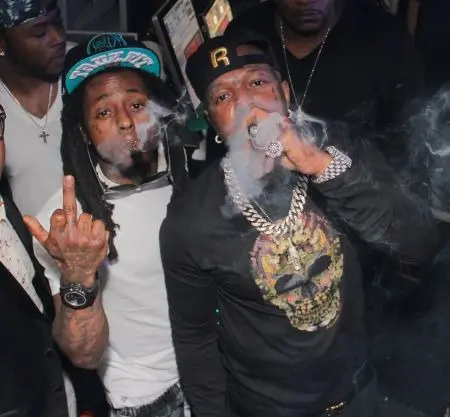 Despite the business disputes and legal wrangling that emerged between Lil Wayne and Birdman in later years, the emotional connection between them remained intact. It became evident that their relationship was more profound than contractual obligations – it was a shared narrative of strugglе, triumph, and familial loyalty. Even as Lil Wayne pursued his artistic independence, the respect and reverence for Birdman as his musical “father” endured.
Despite the business disputes and legal wrangling that emerged between Lil Wayne and Birdman in later years, the emotional connection between them remained intact. It became evident that their relationship was more profound than contractual obligations – it was a shared narrative of strugglе, triumph, and familial loyalty. Even as Lil Wayne pursued his artistic independence, the respect and reverence for Birdman as his musical “father” endured.
In the ever-evolving landscape of hip-hop, where alliances and loyalties are often fleeting, Lil Wayne’s steadfast acknowledgment of Birdman as his musical father stands as a testament to the enduring impact of mentorship in shaping an artist’s identity. It is a narrative that goes beyond the beats and rhymes, reflecting the complex interplay of familial bonds and artistic collaboration that defines the intricate tapestry of Lil Wayne’s legendary career.